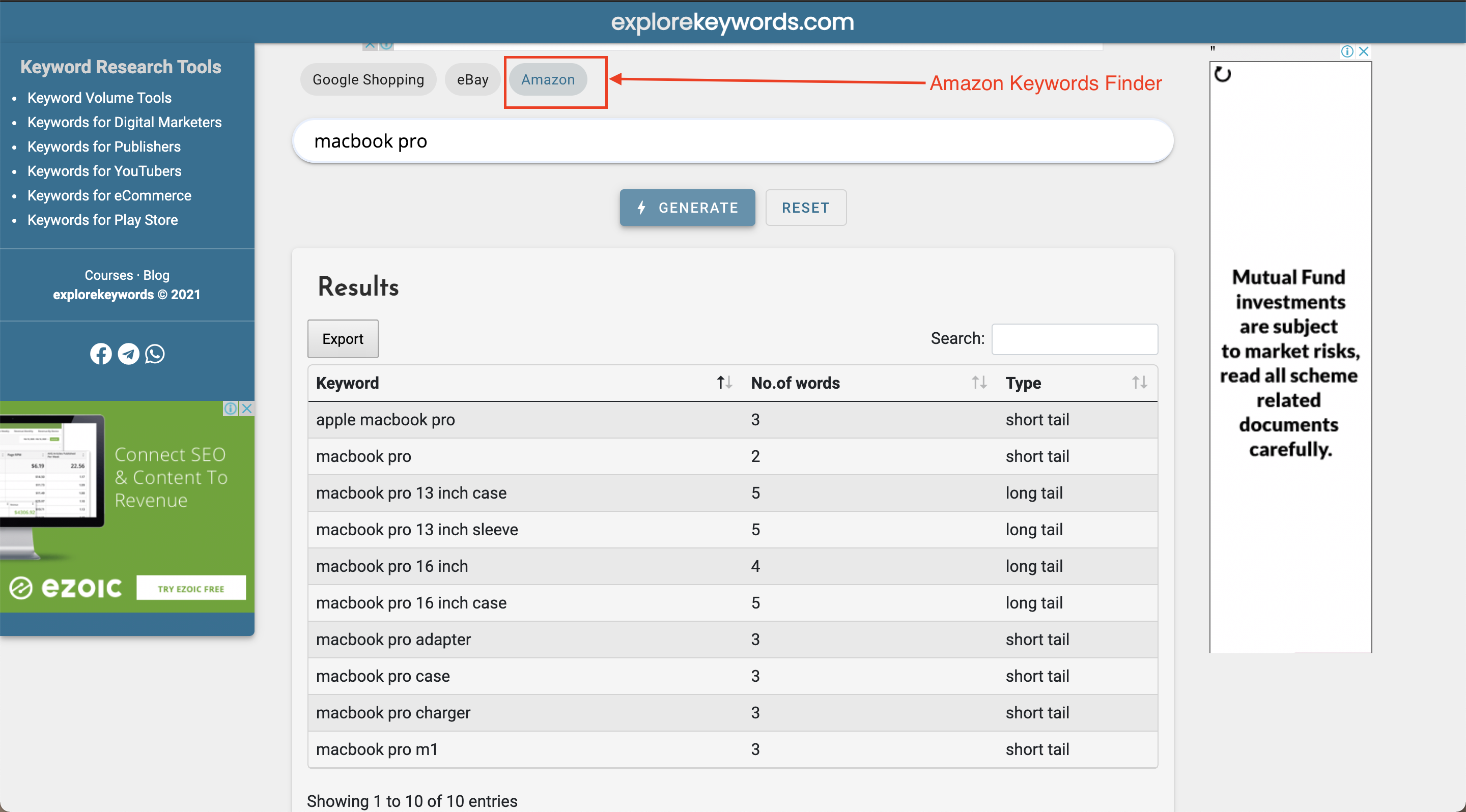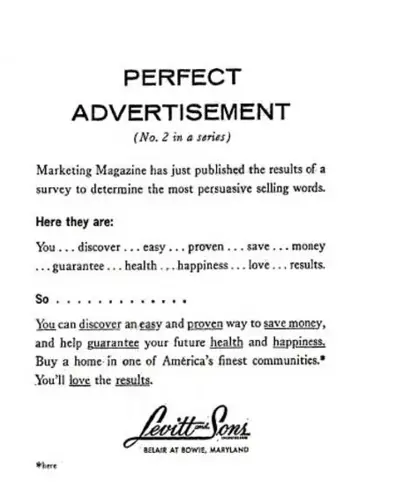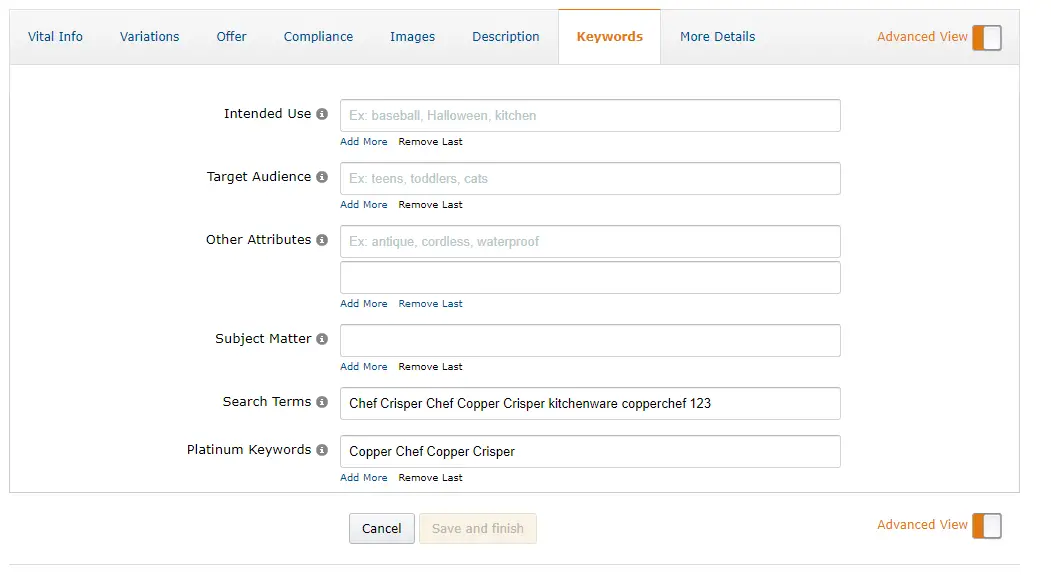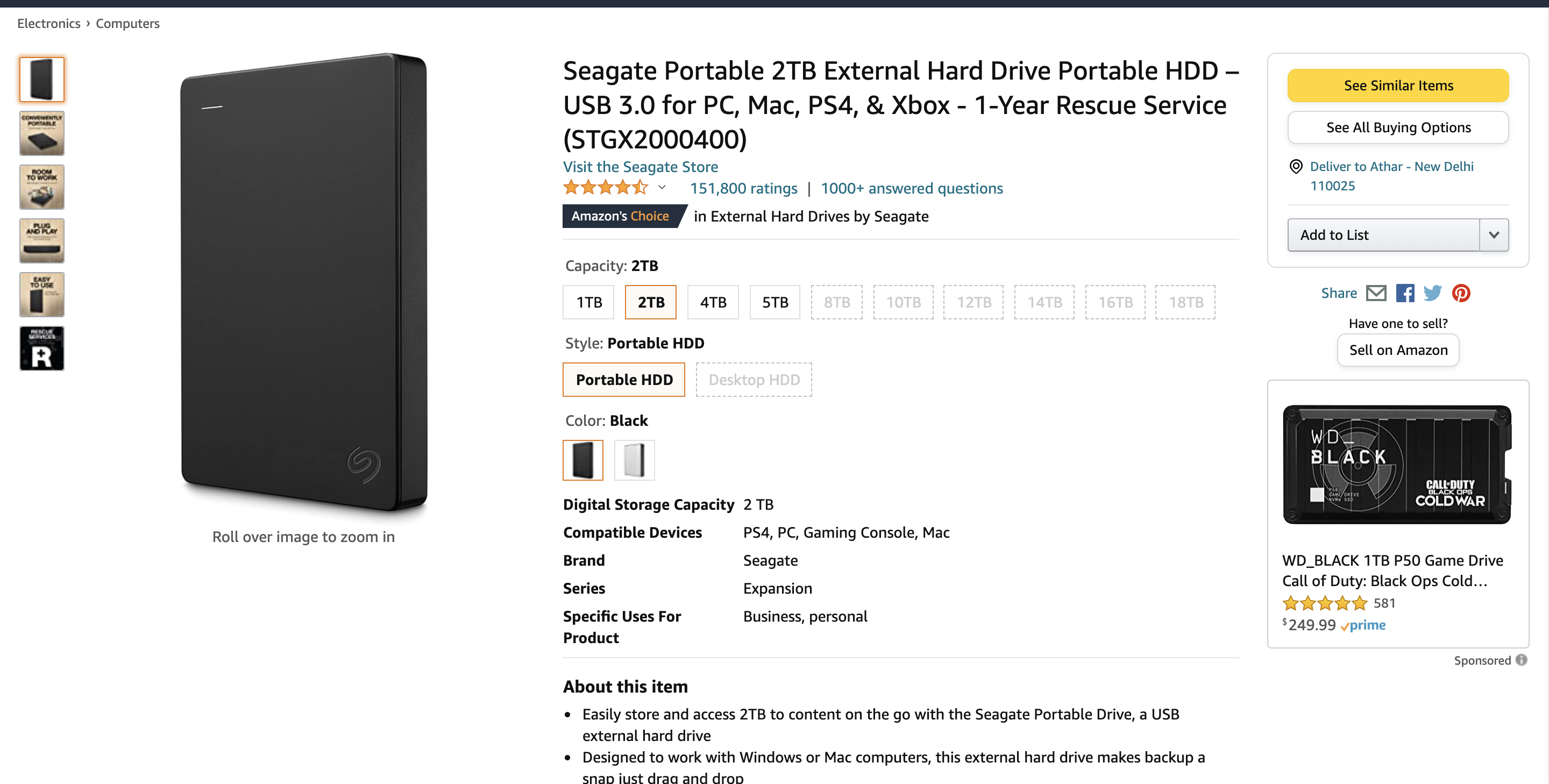You’re probably wondering if there’s a bullet train to success on Amazon. With so many sellers on the platform, wouldn’t it be difficult to stand out from the crowd? In addition, you might feel like no matter how long and hard you work, you’re no match against a more established brand.
Yes, it wouldn’t be easy. But if you’re taking on the challenge, know that there’s always one surefire recipe that works. While you can increase brand traffic and sales in many ways, here’s a core of digital marketing that passes off as a bullet train strategy: advertising campaigns.
From banners to informational video content, ad campaigns & ad creators provide a wide range of opportunities to market your products in different ways. All you need to do is choose the right solution for your goals and use them to your advantage.
“But what makes a good ad campaign?” you ask.
It’s keyword relevance.
Contents
The Recipe of a Good Amazon Ad Campaign: Keywords, Keywords, and More Relevant Keywords!
Advertising campaigns are integrated digital marketing communication tools where brands present content (concepts, principles, or personalities) on a certain media channel. Amazon supports and encourages e-commerce sellers to use ads because of the wonderful advantages they offer.
- Creatively connect to your target audience
- Increase organic traffic faster and more effectively
- Gain brand exposure to generate sales
- A potential tool in converting shoppers into buyers
- A marketing solution that allows you to manage your budget
- Ad personalization to continuously improve your campaign
- Real-time, accurate and valuable insights to review your advertising efforts
Keywords play an essential role in achieving these benefits. The keyword in your ad campaign starts the brand-customer relationship. It matches the search results and caters to consumer preference, providing product information to generate clicks and sales. Keywords are tools that generate traffic to your Amazon store.
The Expert’s Corner: 5 Tips on Keyword Relevance for Amazon Ad Campaigns

You need to use your ad campaign’s keywords strategically. Otherwise, your efforts amount to nothing. Furthermore, since you will pay hard-earned dollars for them, you have to ensure that you get something valuable in return.
Use Keyword Tools for Strategic Planning

Make the most out of keyword research tools to ensure you’re using the most relevant keywords for your campaign. The best thing about this is that you can use free or premium tools, so spending a lot of money on them is optional. Gather all possibly relevant keywords with great search volumes and brainstorm with your team or an expert.
Manual keyword research has a limit, so these tools effectively guide you through every possible keyword you might want to use. Moreover, these tools offer a variety of focus points: some are for general search, and some are for Google search. Some tools are Amazon-specific, like Ahrefs, Sonar, and Keyword Tool.
Avoid Using Subjective and Superlative Marketing Terms

If you think keywords like “unique” or “amazing” or “great” will help you attract more customers, you might want to rethink using them for your Amazon campaign. Customers believe that any brand can claim their product is the best, so they might consider it a deceitful strategy.
Put yourself in a shopper’s shoes. Let’s say you’re looking for loafers for women. You don’t have a certain brand in mind, so you’ll most likely type phrases like “women’s loafers” or “loafers for women.” Focus on keywords that best describe your product without adding a subjective touch. That way, you can reach out to a bigger audience.
Let Back-End Keywords Do the Invisible Work

Your customers do not see back-end keywords. Does that make them useless?
Absolutely not.
Absolutely not.
Suppose you still have a remaining list of generic keywords that you plan to use. You want to rank for them, but the specific keywords are your priority. The back end is the go-to place for generic keywords if you don’t want your listing stuffed with them.
These keywords appear on the listing’s back end. Note that you only have 250 bytes for back-end keywords, so select the most significant ones you want to rank for.
Being invisible doesn’t make back-end keywords any less. You get an extra place to house your target keywords, so you must use them properly.
Use Negative Keywords to Leverage Keyword Relevance

To make the most of your budget and ad campaign opportunities, you should only rank for relevant keywords. You don’t want to rank for keywords that don’t generate conversions or are completely irrelevant to what your product is all about.
Amazon ads feature a negative keyword list so that you can avoid keyword irrelevance. All you need to do is collect these keywords and add them to the list. By doing this, you enhance your target keywords and make every ad dollar worth spending.
Optimize Keyword Use in Product Listings

Keep this in mind when incorporating your selected keywords into your product listing: only use the keyword once. It’s the opposite of Google SEO, in which you can apply keywords in multiple places to rank.
A careful selection of keywords to use is thus necessary. Since you only get to use them once, ensure to pick the most important keywords. Put them in the appropriate places: the main keyword in the header and the supporting keywords in the listing’s descriptions.
Final Thoughts
Ad campaign keywords are highly significant in your journey to Amazon success. The reason is that Amazon pays a lot of attention to well-performing campaigns and sales velocity. With the right keywords, you can hit both aspects with one stone. If you decide to try the tips above, it will make the seemingly daunting keyword research more manageable for you.
Most importantly, protect your brand on Amazon to ensure you’re marketing products that people can trust. From brand registration to listing optimization, make your ad campaigns worth all the time, money, and effort you spent creating them. At the end of the day, all these applications will bear fruit in your brand traffic, sales and reputation.


